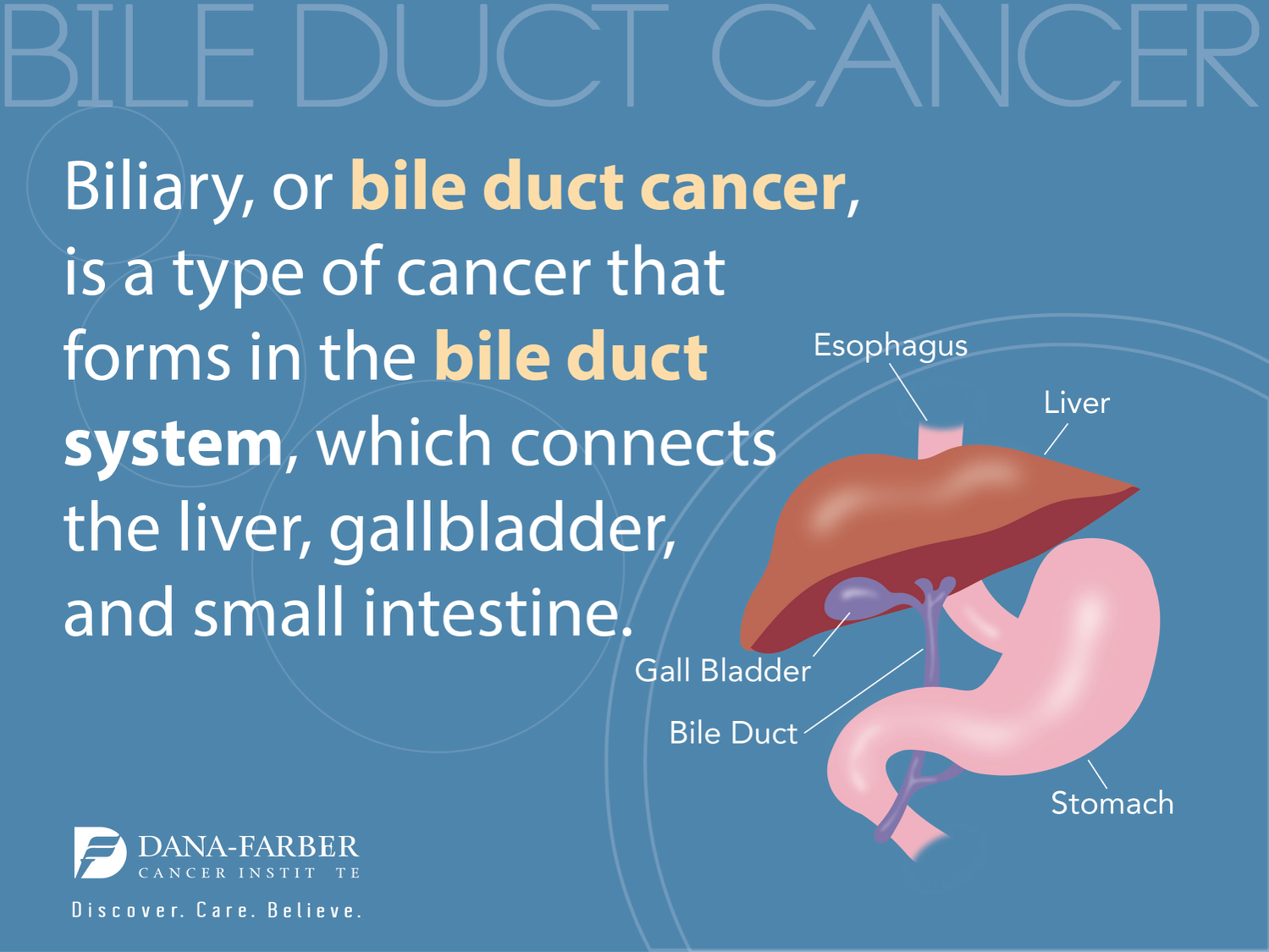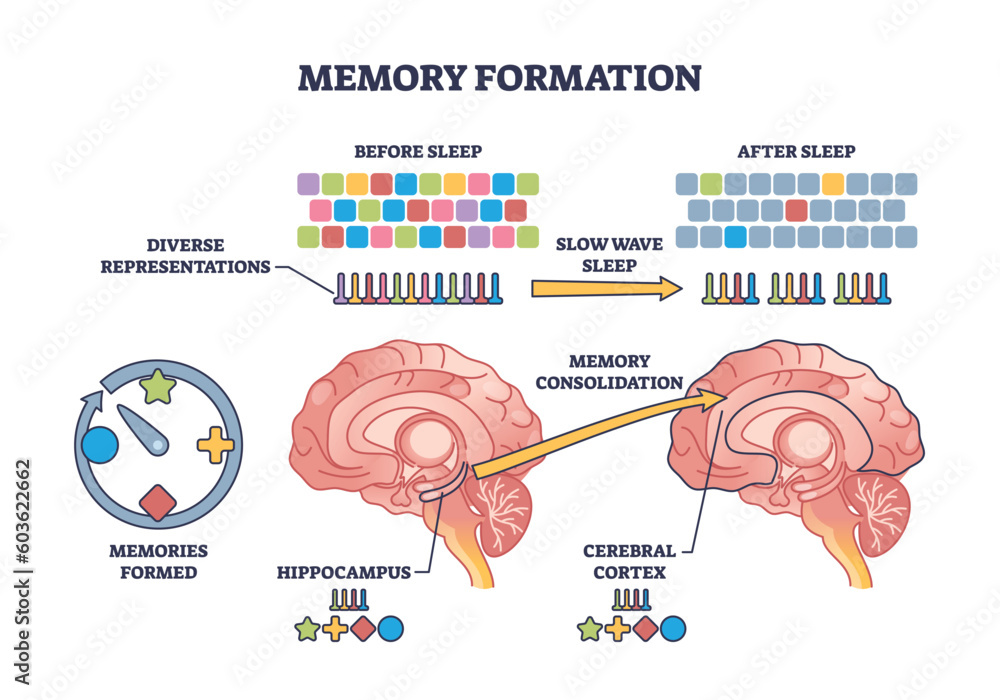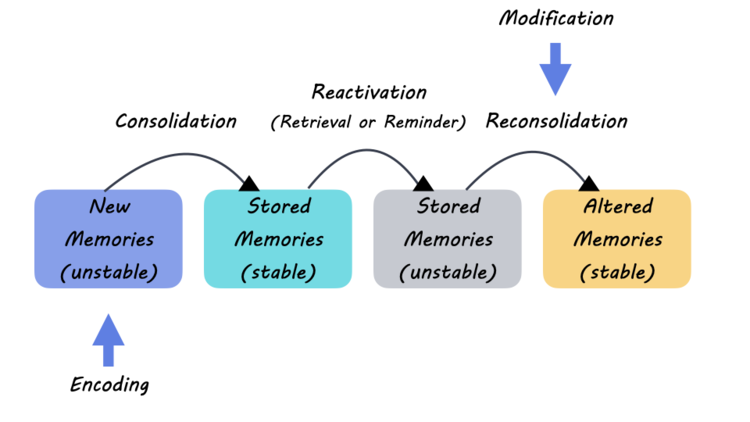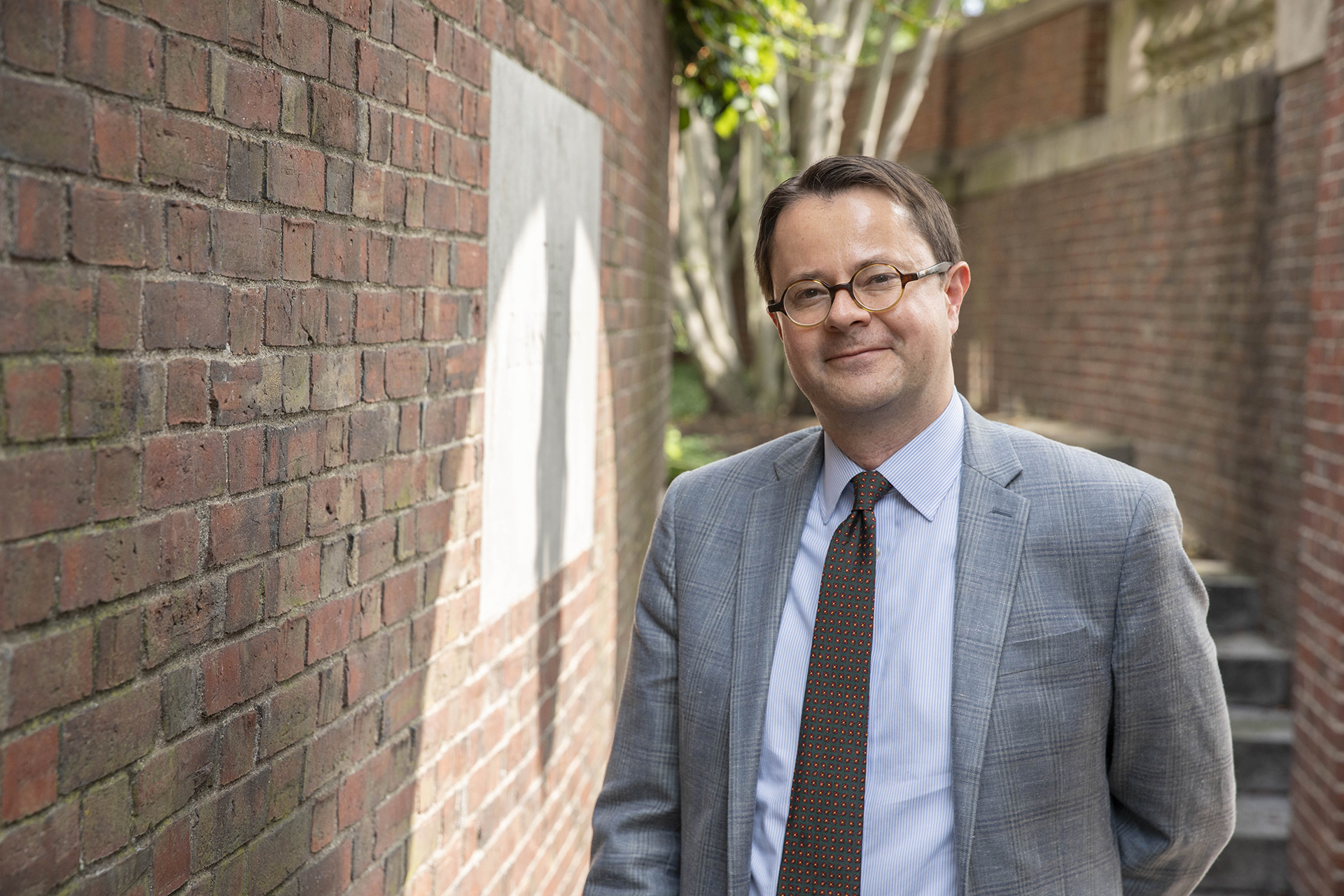USAID global health initiatives have traditionally played a pivotal role in enhancing health infrastructure and combating global epidemics. Renowned surgeon and author Atul Gawande, who served in a leadership position at USAID, highlighted the profound impact of the agency’s funding cuts on communities worldwide. With the termination of key programs and staffing reductions, millions are left vulnerable as U.S. support for critical scientific research funding diminishes. Gawande warns that these changes not only threaten global health leadership but also undermine years of progress in combating diseases such as HIV and malaria. As the need for effective global health strategies becomes more urgent, the long-term consequences of these USAID cuts remain a pressing concern for health advocates.
The challenges facing international health efforts have never been more pronounced, particularly following significant reductions in support from the United States Agency for International Development. This agency, which has historically spearheaded efforts to bolster health systems and provide aid against infectious diseases, now grapples with limited resources due to recent policy shifts. Gawande’s insights shed light on the necessity of maintaining both health infrastructure and scientific inquiry to fortify global health standings. The potential fall-out from funding freezes not only threatens initiatives aimed at maternal and child health but also raises questions about the future of America’s role in global health advancement. As countries around the world adapt to new leadership dynamics, forging innovative pathways in public health becomes crucial for a resilient global response.
The Impact of USAID Cuts on Global Health
The significant cuts to the United States Agency for International Development (USAID) have not only crippled its operational capacity but have also left a void in the global health framework that millions depend upon. Atul Gawande poignantly describes this ‘devastating’ impact, particularly highlighting how these budgetary reductions have dismantled an agency that once played a vital role in combating global health crises. Programs that were crucial for disease surveillance and response, and efforts aimed at maternal and child health, are now at risk, resulting in dire consequences for health outcomes in affected regions.
With USAID operating on a budget significantly less than that of a standard Boston hospital, its work encompassed a network that effectively monitored deadly outbreaks like Ebola and bird flu, reducing response times drastically. The immediate termination of numerous programs places vulnerable populations at higher risk, compromising not only the humanitarian efforts but also the scientific research funding that is pivotal for health innovations. Gawande asserts that restoring USAID to its previous stature may be impossible, yet he emphasizes the urgent need to salvage what remains of our health infrastructure and prevent further deterioration.
Atul Gawande’s Vision for Global Health Leadership
During his tenure at USAID, Atul Gawande emerged as a prominent voice advocating for a robust health leadership infrastructure. He emphasized that effective global health governance is not solely about implementing solutions but also ensuring the follow-through on programs aimed at improving vaccination rates, maternal health, and disease prevention. His experiences highlight the critical role played by technical assistance — an often-overlooked component of global health leadership — in enhancing a country’s health capabilities, as demonstrated by the agency’s past successes in boosting vaccination rates from 60% to 90%.
Gawande’s remarks serve as a clarion call for the importance of leadership in maintaining and advancing global health initiatives, especially in the face of adversity. He anticipates a shift where if the U.S. steps back from its leadership role, other nations will rise to fill that gap, showcasing the dynamic nature of global health. His optimistic vision for the future underscores the importance of both young professionals and seasoned practitioners continuing their work in health despite the ongoing challenges. As he aptly puts it, the expertise and commitment of individuals in this field will remain essential as the global health landscape transforms.
The Necessity of Scientific Research Funding
The recent government actions that halted critical research funding at institutions like Harvard serve as a stark reminder of how interconnected health and science are with society’s overall wellbeing. Gawande’s reflections highlight the importance of scientific research funding as not just an academic concern but a pressing public health issue. Without sustained financial support, research centers like Ariadne Labs, which he co-founded, face existential threats that can impede innovative solutions in surgery, childbirth, and preemptive healthcare strategies.
Scientific research lays the groundwork for future health interventions that save lives and improve health metrics across the globe. The cuts to funding have broad implications, potentially reversing decades of progress in various health domains, including maternal and child health. Without adequate investment in scientific research, the development and implementation of effective health policies will stagnate, further exacerbating existing health disparities. Gawande’s insights serve as a vital reminder of the need to protect and promote investment in health research as a cornerstone of global health efficacy.
Building Resilient Health Infrastructure
The concept of health infrastructure extends beyond mere physical facilities; it encompasses all the essential systems and resources necessary for effective healthcare delivery. Atul Gawande underscores the vital nature of strong health infrastructure, which includes everything from trained personnel to supply chain logistics for medical supplies. The dismantling of USAID has placed significant strain on these systems, leading to vulnerable populations losing access to crucial services that can prevent diseases and improve health outcomes.
In his speech, Gawande illustrated how health infrastructure is not only a matter of maintaining facilities but ensuring that countries are equipped to handle public health emergencies. A robust system enables timely responses to outbreaks, enhances maternal health services, and ensures continued treatment for chronic diseases. He posits that while the current challenges are daunting, it is imperative to recognize the resilience of health systems and invest in rebuilding them. The restoration of health infrastructure must be a priority if there is any hope of reversing the negative impacts of recent USAID cuts.
Historical Context of USAID’s Role in Global Health
USAID has played a transformative role in shaping the global health landscape since its inception, operating numerous programs aimed at controlling infectious diseases and enhancing maternal and child health worldwide. Atul Gawande highlights this historical context to illustrate both the accomplishments and the recent setbacks faced by the agency. He notes that at its peak, USAID was instrumental in curtailing diseases like tuberculosis and HIV, which were responsible for millions of deaths and had significant socio-economic implications across the globe.
However, the dismantling of USAID, especially under the previous administration, has eroded decades of progress, leaving many countries without the support they once relied on. The cessation of programs and the firing of highly trained personnel has not only diminished USAID’s operational capacity but has also created a global health vacuum that other nations may struggle to fill. Gawande argues that understanding this historical context is crucial for recognizing the importance of reconstructing a robust agency capable of addressing future global health challenges.
The Future of Global Health Without USAID
As the fate of USAID hangs in the balance, the future of global health remains uncertain. Gawande expresses both concern and a glimmer of hope regarding the role America will play in international health leadership moving forward. He worries that if the U.S. continues to retreat from its position as a global health powerhouse, other nations will inevitably rise to take the helm. This shift may not be detrimental but could alter the dynamics of global health collaboration significantly.
In a world where America no longer leads, we may see a diversification of approaches to global health challenges. Emerging leaders from different countries may bring in innovative solutions and collaborations that could reshape how global health is approached. Gawande is hopeful that this transition can produce positive outcomes, but cautions that preparedness, cooperation, and investment in health systems must remain vital considerations in the evolving landscape of global health.
Encouraging the Next Generation of Health Leaders
One of the most compelling aspects of Gawande’s discourse is his message to the next generation of health leaders. He advocates for a committed pursuit of the sciences, urging students and professionals in healthcare to uphold the values of dedication and service despite facing an uncertain future. His encouragement resonates deeply, especially in a time where the health landscape appears increasingly precarious due to funding cuts and policy changes.
Gawande emphasizes that the skills and expertise of healthcare professionals are more important than ever as the world grapples with public health challenges, from pandemics to systemic inequities in health access. His call to action inspires young leaders to be proactive in engaging with health sciences while fostering resilience in the face of adversity. As future practitioners, they hold the potential to innovate and adapt, ensuring that the field of global health continues to evolve and thrive in pursuit of improving health outcomes for all.
Lessons from USAID’s Revolutionary Approaches
The approaches adopted by USAID in its commitment to global health serve as a learning tool for future initiatives. Gawande reflects on how USAID’s focus on building collaborations and partnerships enabled rapid responses to health emergencies and improved overall health metrics across various regions. The emphasis on both immediate action and sustainable long-term solutions highlighted the agency’s understanding that health is not merely a series of isolated challenges but a complex interplay of systems and resources.
These insights underline the necessity of a frameworks-based strategy in the evolution of global health initiatives. Lessons learned from USAID’s methods can inform how future health programs are executed, particularly in areas relating to disease prevention, maternal and child health, and emergency response systems. As Gawande aptly points out, effective intervention is dependent not just on innovation but on maintaining a robust support structure that fosters adaptability and resilience in global health systems.
Advocating for Improved Vaccination Rates in Health Policies
A crucial aspect of Gawande’s message lies in the importance of vaccination programs as a fundamental component of global health policy. He emphasizes that the successful increase of vaccination rates from 60% to 90% exemplifies the impact of collaborative health initiatives. The technical assistance provided by organizations like USAID and the World Health Organization has proven vital to ensuring that vaccinations reach underserved communities, thereby preventing outbreaks and saving lives.
However, without proper funding and structured support, the gains achieved could be compromised. Gawande’s advocacy for improved policies that prioritize vaccination is a call to recognize the interconnectedness of health systems, society, and governance. By fostering a supportive environment for vaccination initiatives, the likelihood of enduring health improvements can be increased, reinforcing the importance of prioritizing health in policy agendas and public discourse.
Frequently Asked Questions
What role does USAID play in global health leadership?
USAID is a critical player in global health leadership, implementing programs that improve health outcomes in developing countries. The agency supports initiatives that have reduced childhood and maternal mortality rates, improved responses to disease outbreaks, and enhanced health infrastructure worldwide. USAID’s efforts encompass a wide range of health issues, including HIV/AIDS, tuberculosis, and malaria, and the agency has established a network to rapidly address global health emergencies.
How have recent USAID cuts affected global health initiatives?
The recent cuts to USAID severely impacted global health initiatives by terminating over 85 percent of its programs, which resulted in a significant loss of resources and personnel dedicated to health. This has undermined vital services such as disease surveillance, maternal health programs, and preventive care initiatives, directly affecting millions of people who relied on USAID support for critical health services.
What was Atul Gawande’s experience with USAID and global health?
Atul Gawande served as the head of USAID’s Bureau for Global Health, where he highlighted the agency’s pivotal role in improving global health outcomes. He emphasized that USAID’s innovative programs had dramatically reduced emergency response times to health crises and improved vaccination rates and healthcare access. During his tenure, Gawande worked on initiatives that aimed to enhance health infrastructure and scientific research funding, which are now under threat due to recent cuts.
What evidence suggests that USAID is essential for improving health infrastructure?
Evidence of USAID’s essential role in improving health infrastructure includes its successful interventions that have scaled up healthcare access and effectiveness in various countries. For example, USAID programs have helped reduce maternal and childhood mortality rates significantly by building health systems capable of supporting preventive care and emergency responses. The agency’s approach includes not only funding but also technical assistance to ensure sustainable health improvements.
Why is scientific research funding critical for global health, according to USAID’s impact?
Scientific research funding is vital for global health as it underpins the development of new treatments, vaccines, and health technologies. According to experts like Atul Gawande, USAID’s support for health-related research has led to groundbreaking discoveries and improved health outcomes in vulnerable populations. Reduced funding for research threatens ongoing projects critical for combating diseases and enhancing health systems, thereby jeopardizing future global health advancements.
In what ways has Atul Gawande advocated for the future of USAID and global health?
Atul Gawande has advocated for the future of USAID and global health by emphasizing the importance of restoring funding and support for health initiatives. He has called for commitment to preserving health and science infrastructures and ensuring that the U.S. remains a leader in global health efforts. Gawande’s perspective highlights the urgent need for collaboration and investment in health systems to address the global health void created by recent cuts.
| Key Point | Description |
|---|---|
| Impact of USAID Cuts | The dismantling of USAID has severely affected millions globally and diminished the U.S.’s status as a global health leader. |
| Atul Gawande’s Role | Held a significant position at USAID before its restructuring and is a prominent figure in medical literature and public health. |
| Health Programs | USAID’s initiatives dramatically improved health outcomes, including maternal and child health, and managed disease outbreaks effectively. |
| Research Funding Challenges | Recent government cuts jeopardize funding for crucial research programs and partnerships, risking public health advancements. |
| Future of Global Health | Despite current challenges, Gawande expresses optimism about the future of global health and the importance of maintaining commitment to health initiatives. |
Summary
USAID global health faces significant challenges following the recent cuts that have compromised its programs and staff. Atul Gawande’s insights underscore the urgent need to rebuild our health infrastructure to prevent further decline in health outcomes globally. There is hope, however, that with commitment and innovation, America can regain its role as a leader in global health initiatives.






